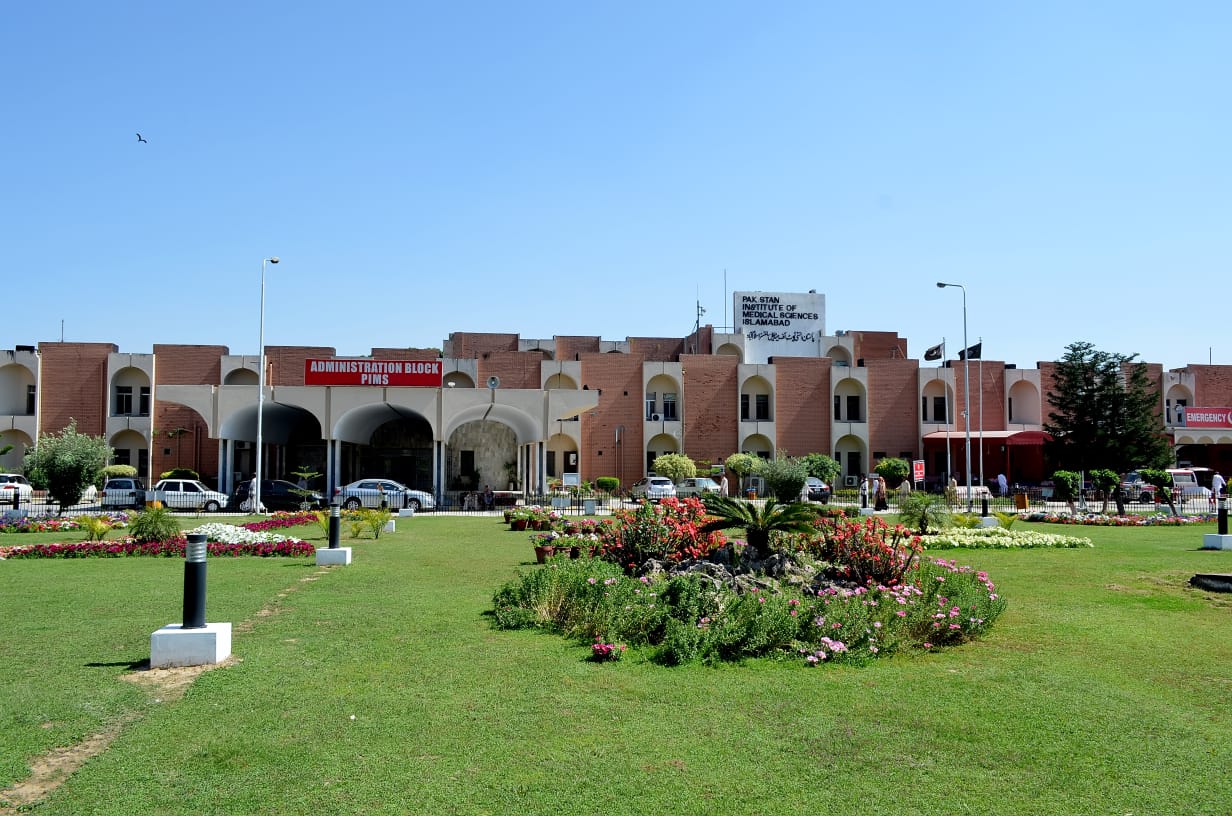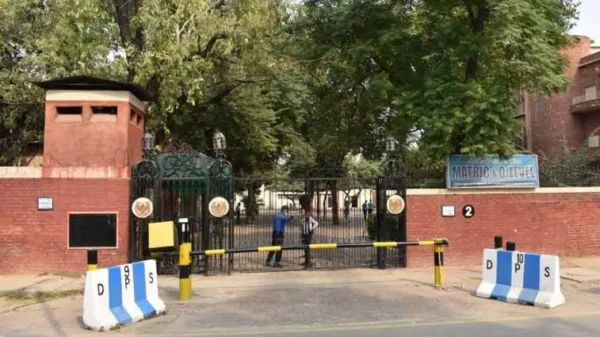Anti-Rape Crisis Cell
Islamabad inaugurated its first Anti-Rape Crisis Cell (ARCC) at the Pakistan Institute of Medical Sciences (PIMS) on Monday, marking a collaborative effort by the ministries of health and law and justice, with support from the UK government, the United Nations Population Fund (UNFPA), and the Legal Aid Society.
The ARCC, established in accordance with the Anti-Rape (Investigation and Trial) Act, 2021, aims to provide timely responses and expedite justice for victims of sexual violence.
The Act mandates the creation of anti-rape cells across districts to offer survivors various services, including the prompt registration of first information reports (FIR), evidence collection, and a medical examination within six hours of the incident. The initiative recognizes the physical, emotional, and social impacts faced by survivors of sexual violence and underscores the importance of confidential and swift medico-legal services for their well-being and pursuit of justice.
Raja Naeem Akbar, the secretary of the law ministry, highlighted the ARCC’s role in addressing critical issues related to gender-based violence. Efforts are underway, through collaboration with provinces, to establish similar crisis cells across Pakistan, ensuring widespread and effective assistance to survivors.
Iftikhar Ali Shallwani, Secretary of the Ministry of National Health Services Regulations and Coordination, suggested the need for a 24/7 helpline or app to facilitate survivors in accessing services, considering the stigma associated with reporting rape incidents. He also stressed the importance of self-defense training for girls in schools.
Ayesha Raza Farooq, Chairperson for the Special Committee on Anti-Rape Law and National Commission on Rights of Child, expressed the government’s commitment to enabling citizens, especially women, to reclaim public spaces without fear of sexual violence.
UNFPA representative Dr. Luay Shabaneh emphasized the collective response required to combat the crisis of rape, expressing hope that the ARCC would serve as a foundational step based on the Sexual Violence Response Framework and be expanded nationwide.
Dr. Rana Imran Sikandar, Executive Director of PIMS, assured a holistic and respectful approach to addressing rape cases, promising confidentiality throughout the medical examination process.
Notably, a report by Sahil, a non-profit organization, revealed alarming statistics of child sexual abuse in Pakistan, with an average of 12 cases daily from January to June 2023. Additionally, a policy brief from the National Commission for Human Rights (NCHR) highlighted around 63,000 reported cases of gender-based violence in Pakistan over three years, with domestic violence and rape constituting a significant portion, indicating the urgent need for comprehensive measures to address this pervasive issue.










